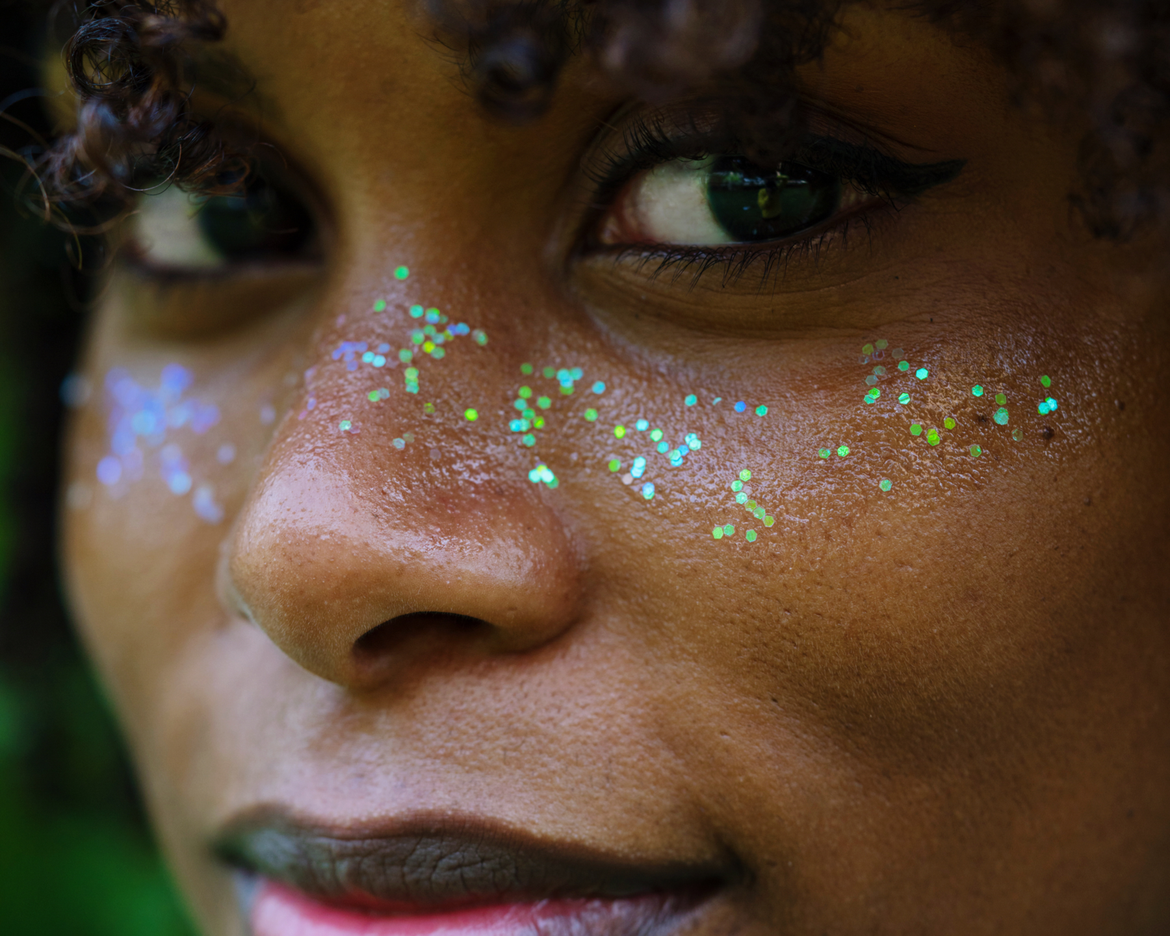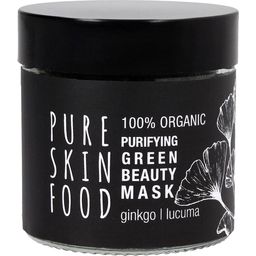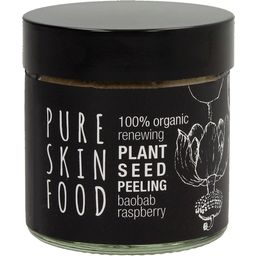

Microplastics
Plastic has been sneaked into several aspects of life, that we are often not aware of. What's scary, is that we even brush our teeth with it!
Plastic not so fantastic
Plastic has been sneaked into several aspects of life, that we are often not aware of. What's scary, is that we even brush our teeth with it!
We are speaking out against microplastics. Why? These plastic particles are not only harmful to the environment but they are also very harmful to our health.
In Germany alone, 500 tons of tiny microplastic balls are used in cosmetics such as scrubs and toothpastes on a yearly basis. Europe spills 80 000 - 219 000 tons of microplastic particles into the sea annually. And why is it used in conventional cosmetics at all? Because it is cheap, much cheaper than natural, biodegradable alternatives.
Because these plastic particles are so small, they usually pass unhindered through the sewage plants and enter the waters and the ocean. The problem is that the plastic particles act like a magnet on environmental toxins causing them to accumulate.
From the bath into the sea and onto your plate
Millions of tons of these small plastic particles pollute the oceans and endanger the aquatic ecosystem and human health. The cosmetics that is flushed down the drain is often confused with food by sea dwellers and when we in turn consume these fish or seafood, the microplastics including the accumulated toxins that have settled into their bodies, have also sneaked into our food chain.
The plastic in our waters and in the ocean is not only at the expense of cosmetics. Synthetic fibers such as fleece or polyester contribute a great deal to plastic contamination, due to the fine particles being dissolved when we do our laundry. Larger plastic waste material only decompose into smaller particles over a longer period of time.
Microplastics has becomes a large-scale problem
Scientists fear that the microplastics and toxins it accumulates can cause poisoning, infertility and genetic disorders in marine life and potentially also in humans when consumed in larger doses.
What we demand? We want clear labelling on cosmetic products that contain microplastics. This is the only way consumers can really make an informed purchasing decision.
Some countries have forbidden the use of microplastics in cosmetics. Hopefully the European Union will soon follow by example. So far, voluntary declarations have been made that, unfortunately, have not been upheld by many manufacturers.
Magazine Articles:
-
Great Britain: Free standard delivery from £49.90
-
Free
returns We deliver worldwide to
more than 40 countriesSecure payments
with SSL encryption technology


